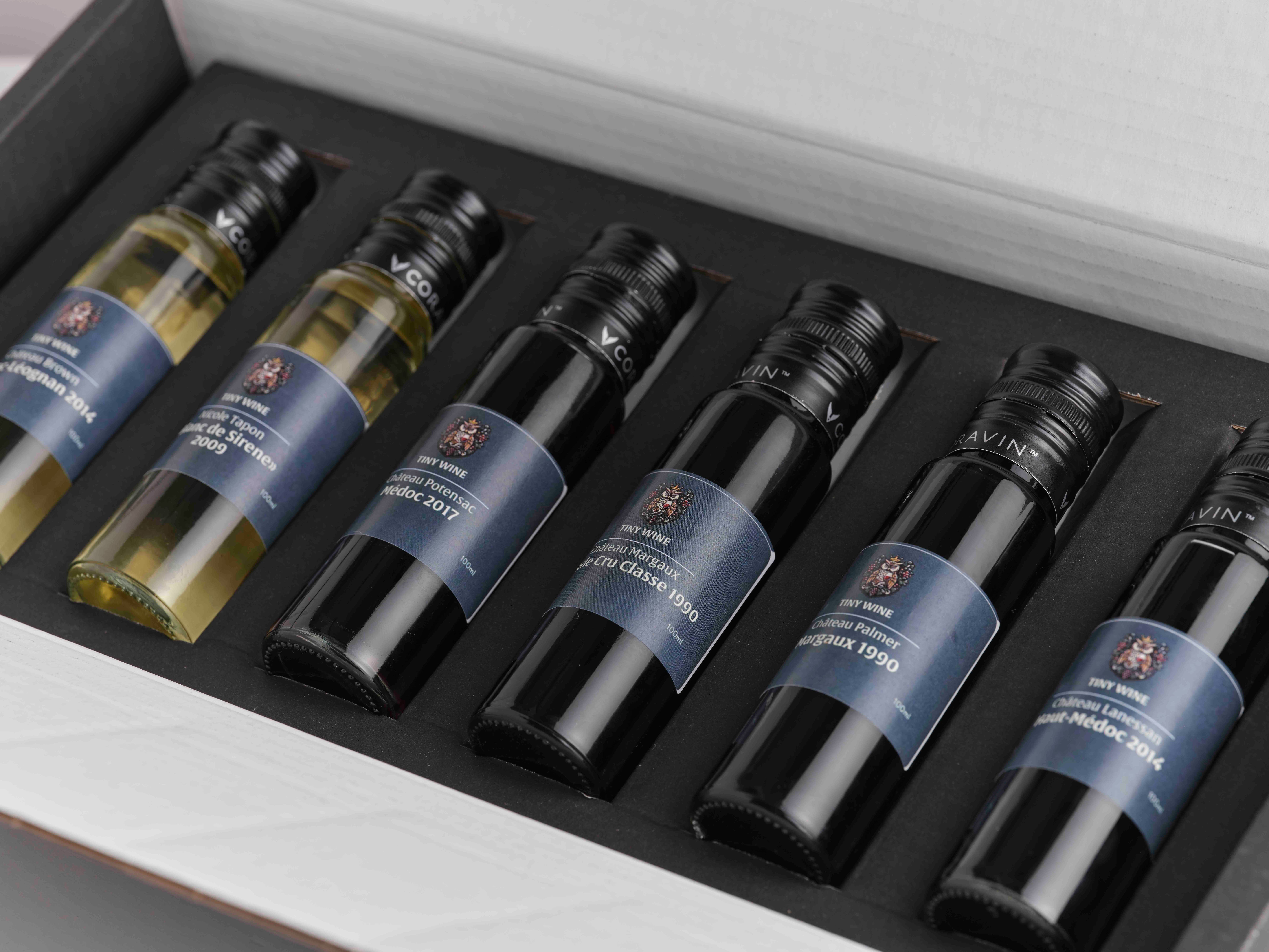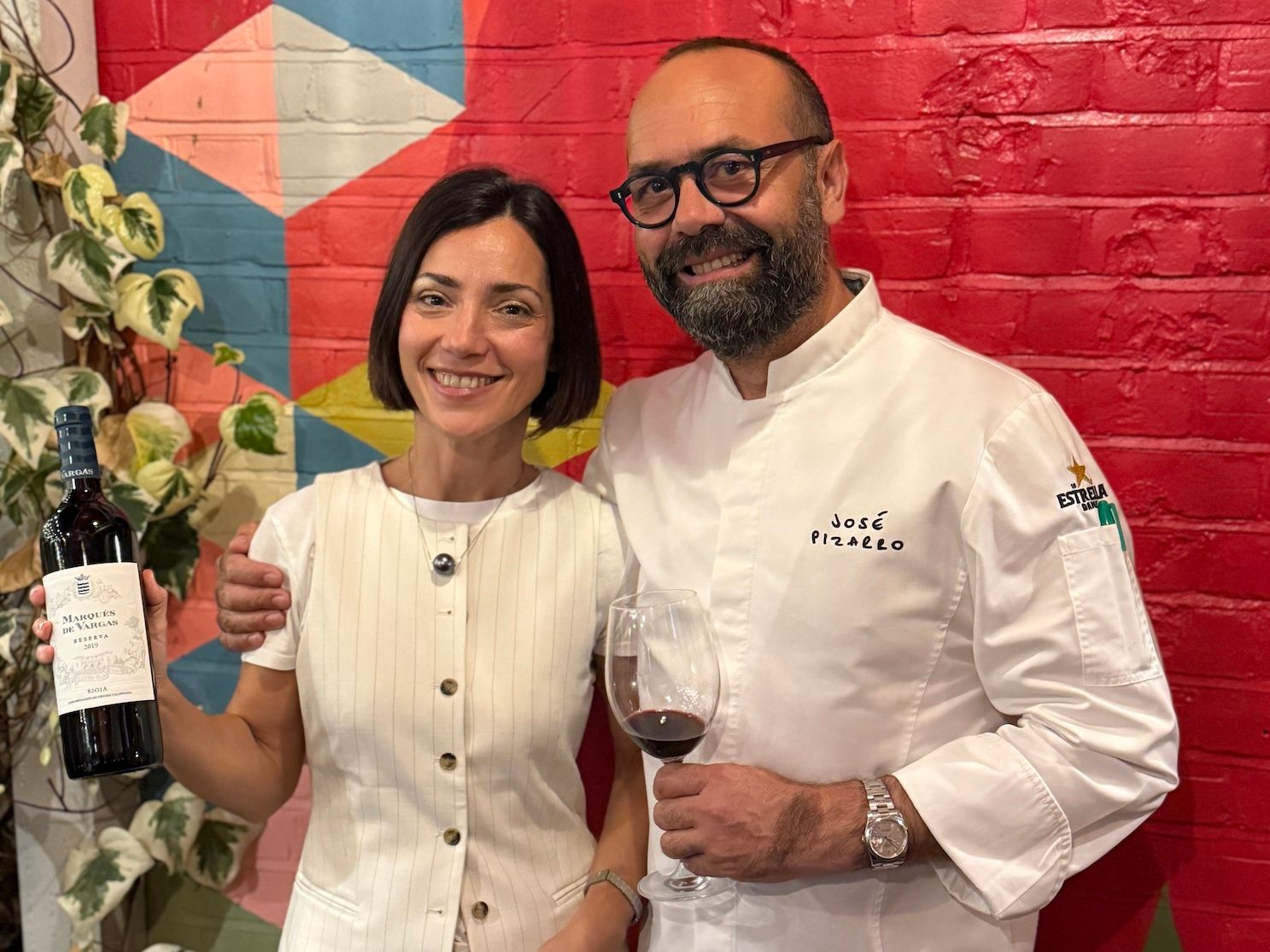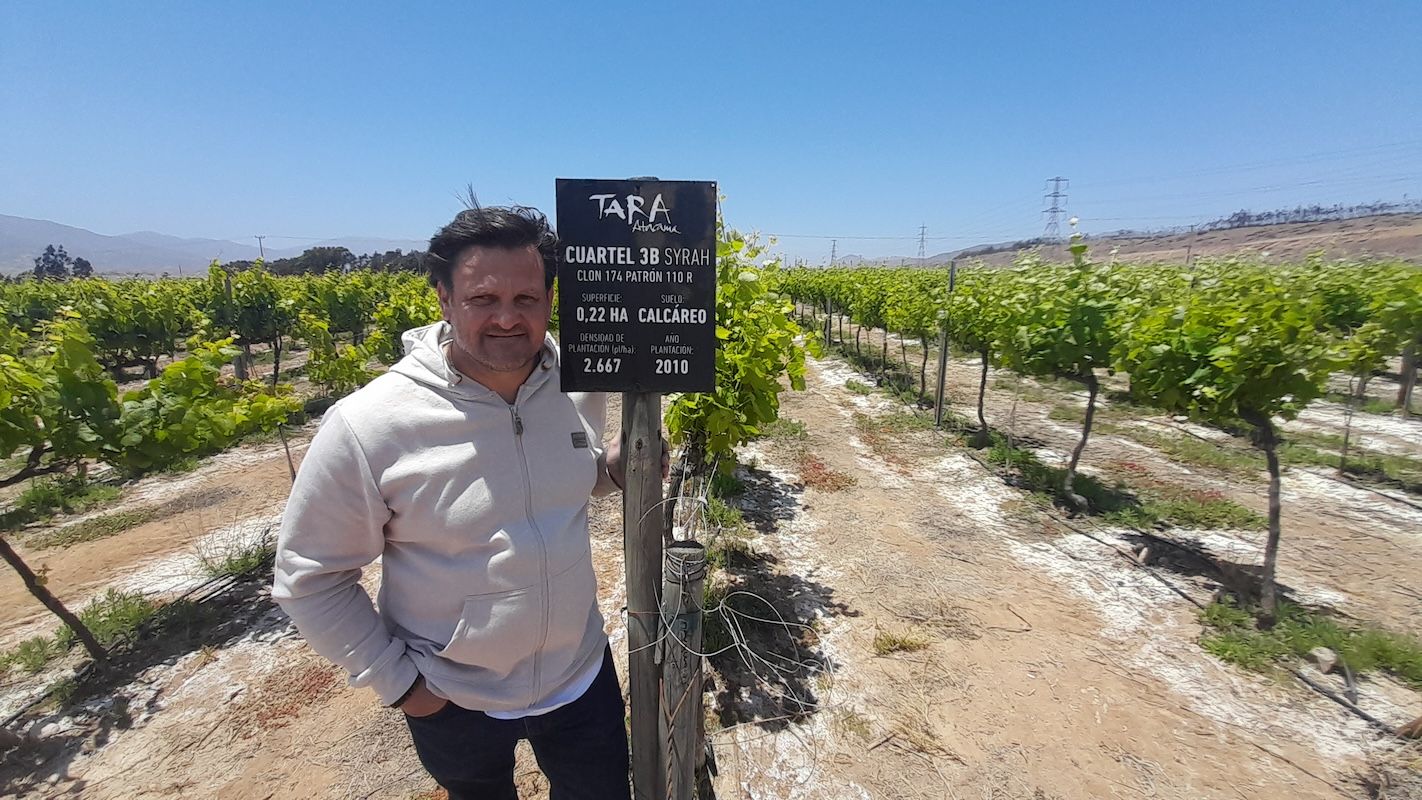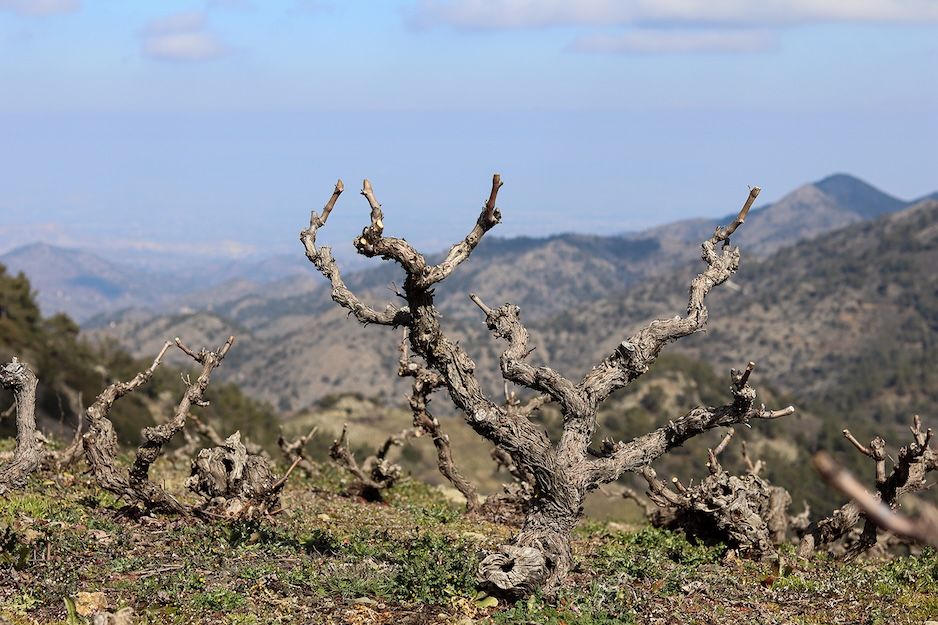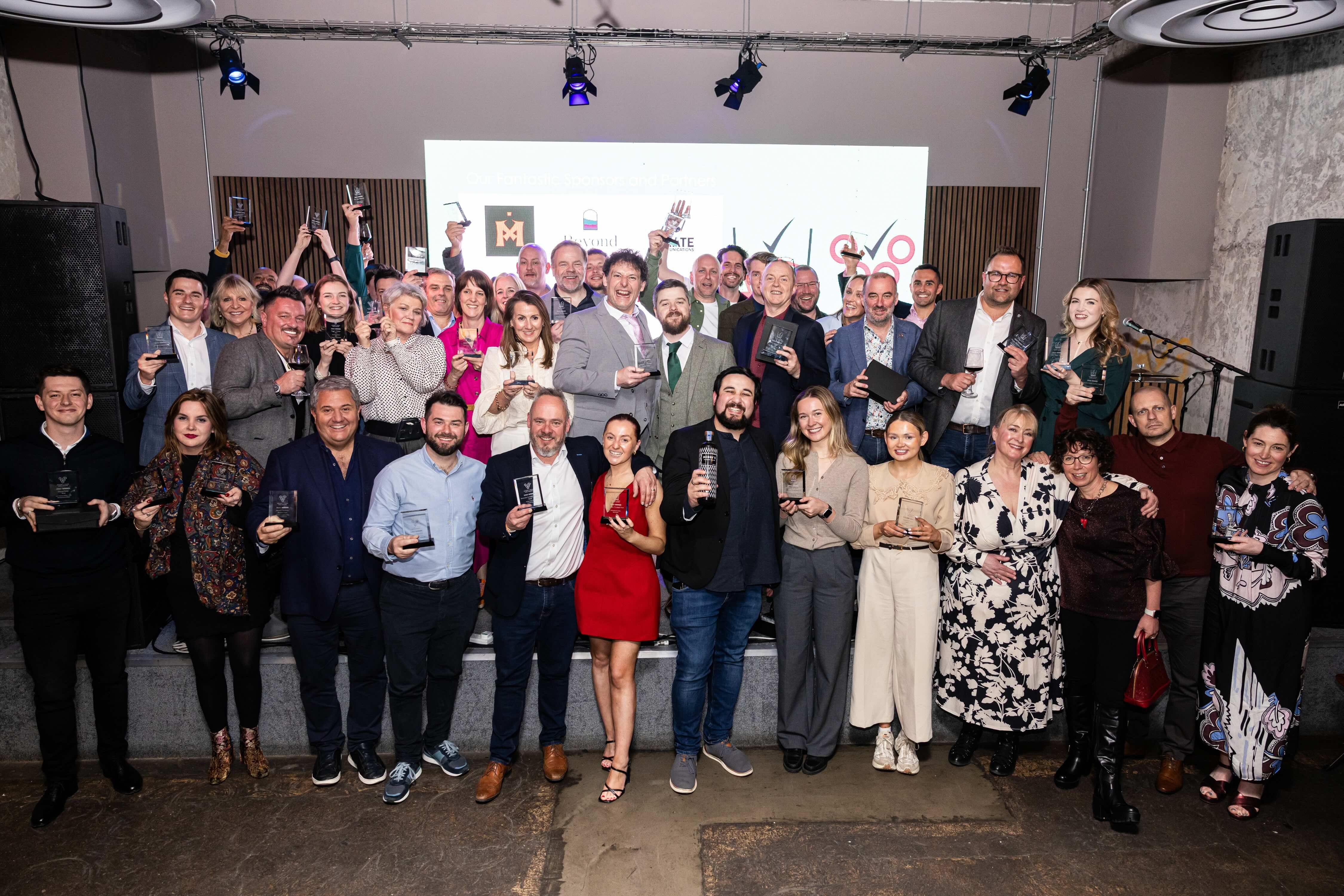“I think every winery, in one sense or another, rethinks its value of existence during Covid-19. So do us. I have been asking myself: How can I do more for the wine and food industry? What is Japanese wine’s value?” says Ayana Misawa
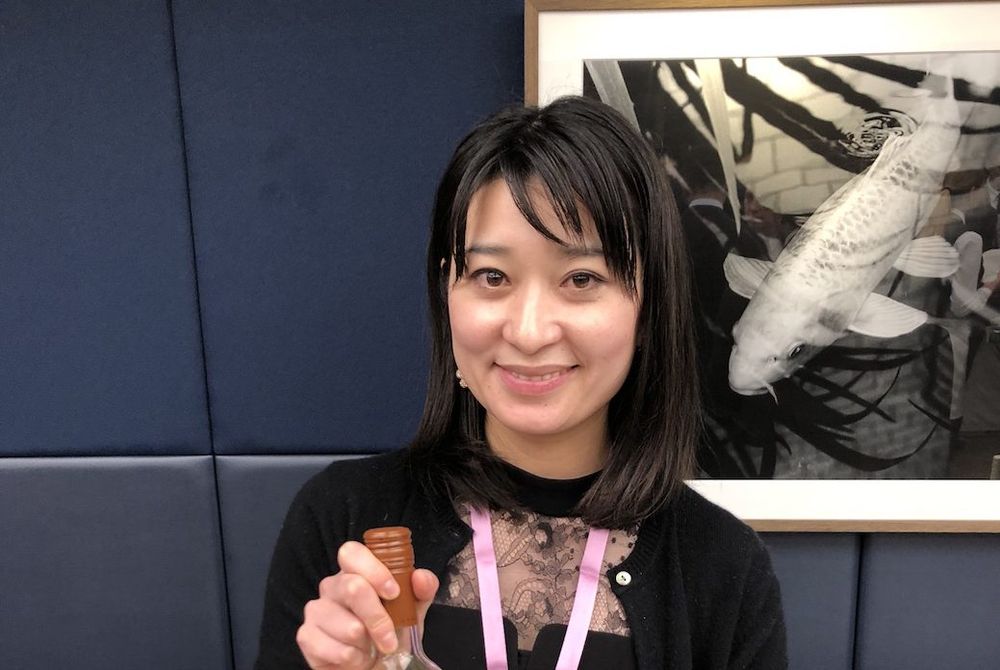
Although Grace Wine produces a range of wines it is best know as being one of the best, if not the best producer of Koshu wine with Ayana Misawa, the chief winemaker (picture in London, 2018)
How has life been for the past 18 months?
Luckily our winery continued to operate during the state of emergency because, although the number of face-to-face interactions with our customers or suppliers had decreased, we still had a lot of work to do in viticulture and winemaking. Spring is the time when we bottle Koshu and sparkling wines. Also, we perform assemblage for our reds which are bottled in June. So thankfully Covid-19 did not affect our winemaking. However, with a large drop in wine consumption in on-premise as well as an overall pessimistic mood in society, wine consumption overall has gone down.
My life has changed, too. I rarely go out. I live in the main island, while my brother lives in Hokkaido and makes wine there. I haven’t seen him for more than two years.
How has the pandemic affected your winery?
After the strong restriction to the restaurants, on-premise consumption collapsed while online wine sales boomed.
Has life returned to normal yet?
We gradually get used to the ‘new’ normal with Covid but I am afraid we still need some time to really return to ‘normal’ in Japan.
What has been the hardest thing about adapting to the ‘new normal’?
Currently, Tokyo and Okinawa are in a government-declared state of emergency (SOE), a kind of lockdown, and a few other prefectures are in semi-state of emergency. This SOE or semi-SOE refrain restaurants and wine bars from serving alcohol altogether or for semi-SOE, very limited hours.
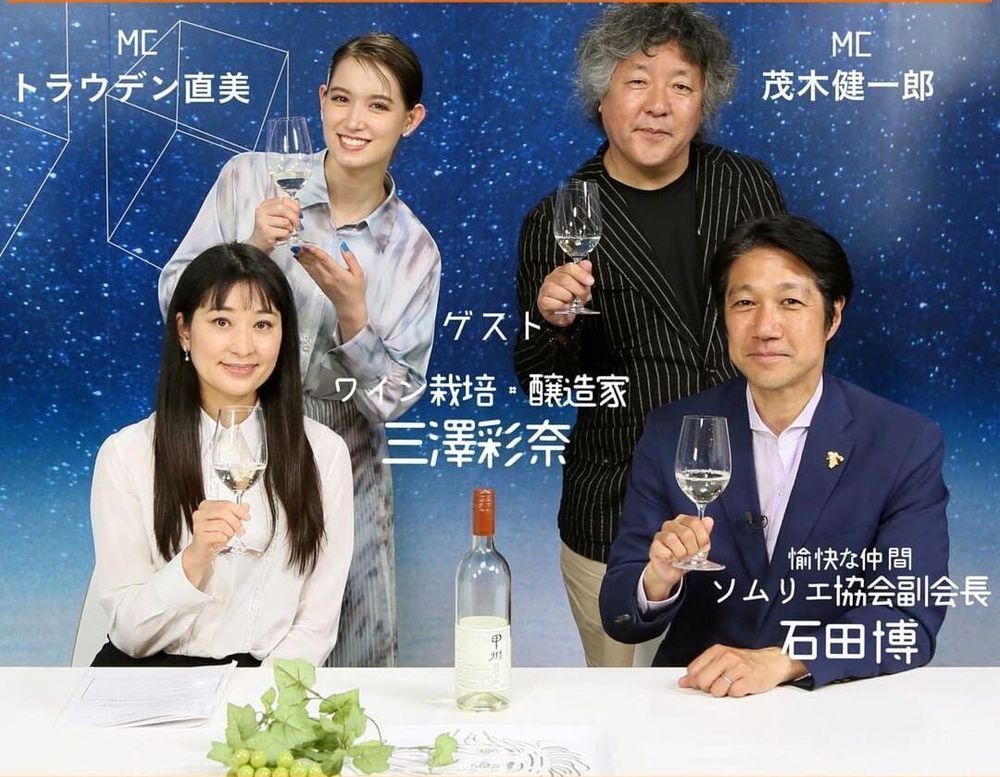
Apart from work in the winery, Ayana Misawa has been spreading the Koshu word with appearances on Japan’s Discovery Channel, July 2021
Has anything good come out of it? If so what?
Direct individual customers. Direct sales have brought me closer to individual customers. Reading customers’ messages and checking their orders before I come to work has become part of my new daily routine. Quite a few of them write to me often with encouraging words, they always inspire me and give me energy.
What lessons do you think have been learned in the past 18 months?
Although restaurants and bars are not buying wine at the moment, we believe it is very important for small family-owned producers like us to keep in touch. We organised on-line wine seminars on Koshu specifically for the on-trade. Seminar participants told us they really appreciated the sessions and our support, so we plan to develop this further.I also strongly feel that, to survive long term, we need to remain true to our own style of winemaking rather than to compromise for short-term gain.
And we cannot stop drinking especially when we feel stressed, at least that’s how I think.
Has it led to anything new in the pipeline? Cuvées, varietals, styles etc?
I think every winery, in one sense or another, rethinks its value of existence during Covid-19. So do us. I have been asking myself: How can I do more for the wine and food industry? What is Japanese wine’s value?
I take more importance on terroir-focused winemaking, this is reflected in a gradual change in our wine style.
In terms of the effect on your winemaking – how impactful has Covid been compared to Climate Change?
I still believe Climate Change influences more than Covid-19 in terms of winemaking.
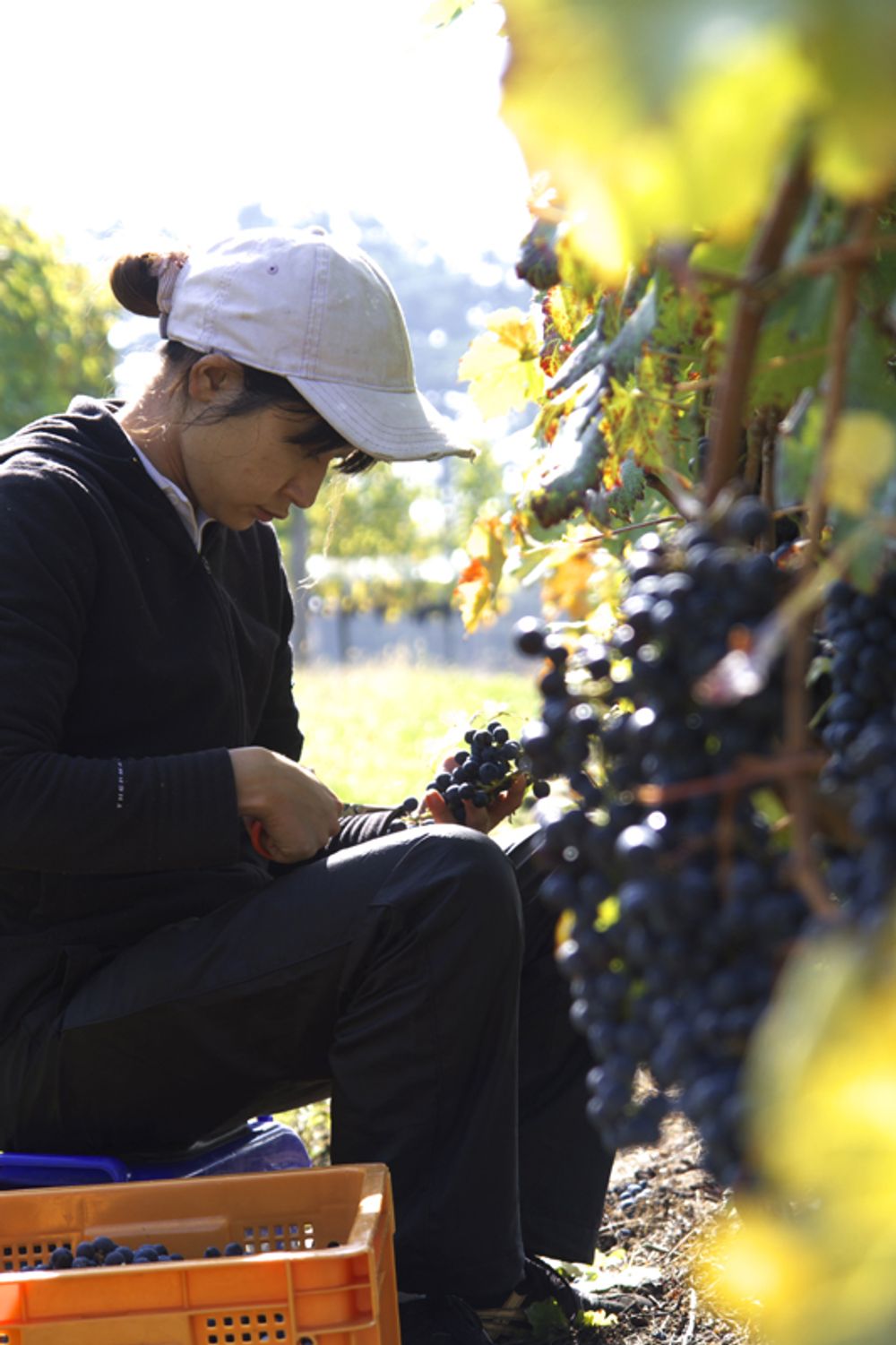
Misawa in the vineyard
What stage of the current growing cycle are you?
We are just after nouaison, berries start to swell, and we are waiting for veraison.
Is 2021 going to be a good harvest?
In our region – shorter rainy season – so far, it is going very well.
Any particular characteristics to note?
Not really. The growing cycle is very much normal.
Have you changed your business model over the past 18 months?
No we have not changed our business model, apart from direct to consumer (as mentioned above).
Has exporting to the UK changed at all – is it logistically more difficult and if so – are other countries more attractive/ profitable?
We are exporting more to Russia, Asia – China, Taiwan and Hong Kong.
Grace Wine is imported into the UK by Hallgarten & Novum Wines

